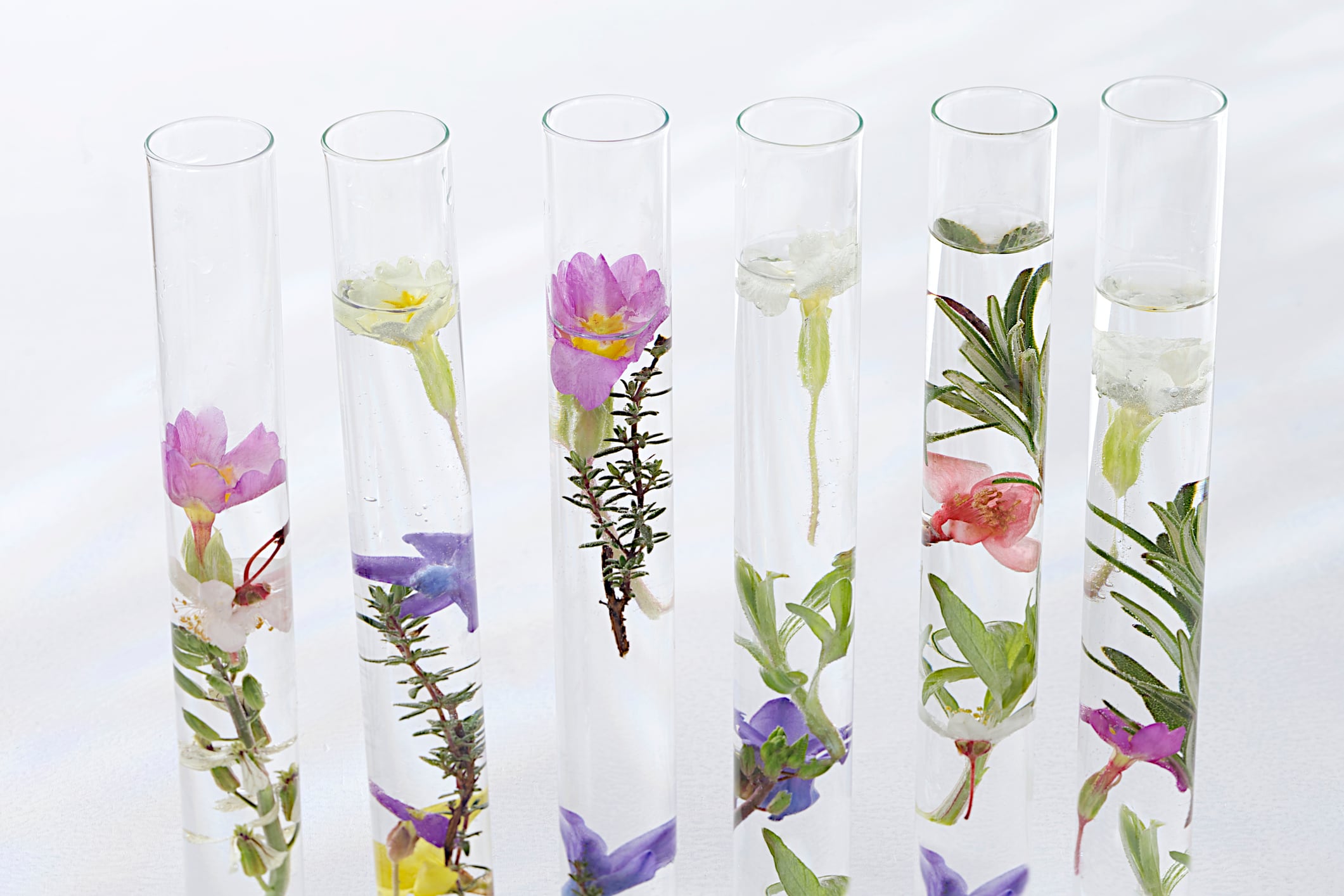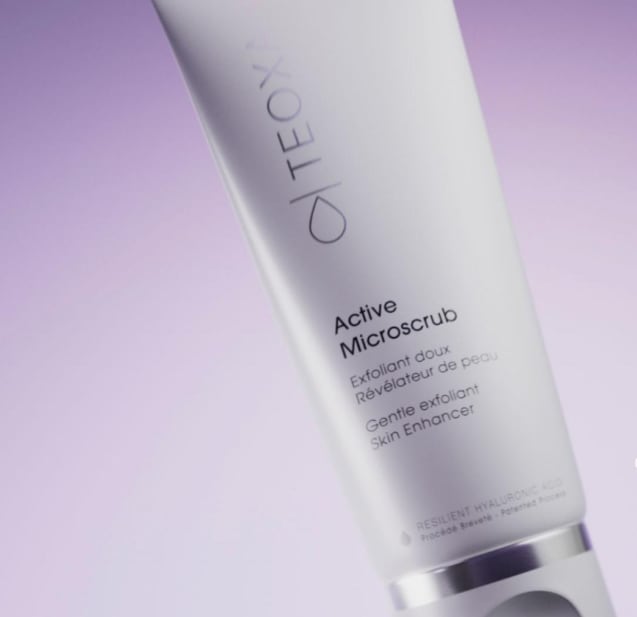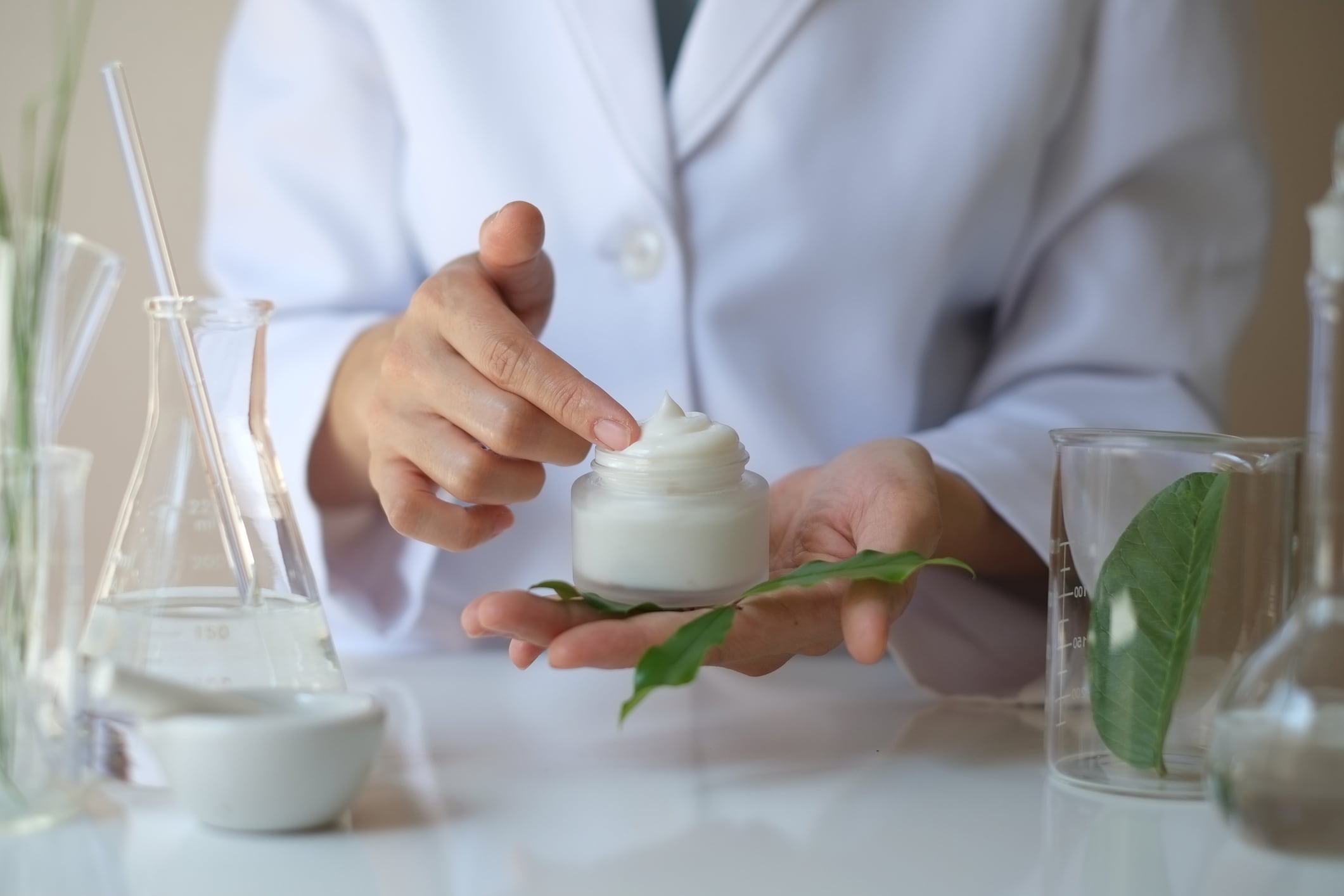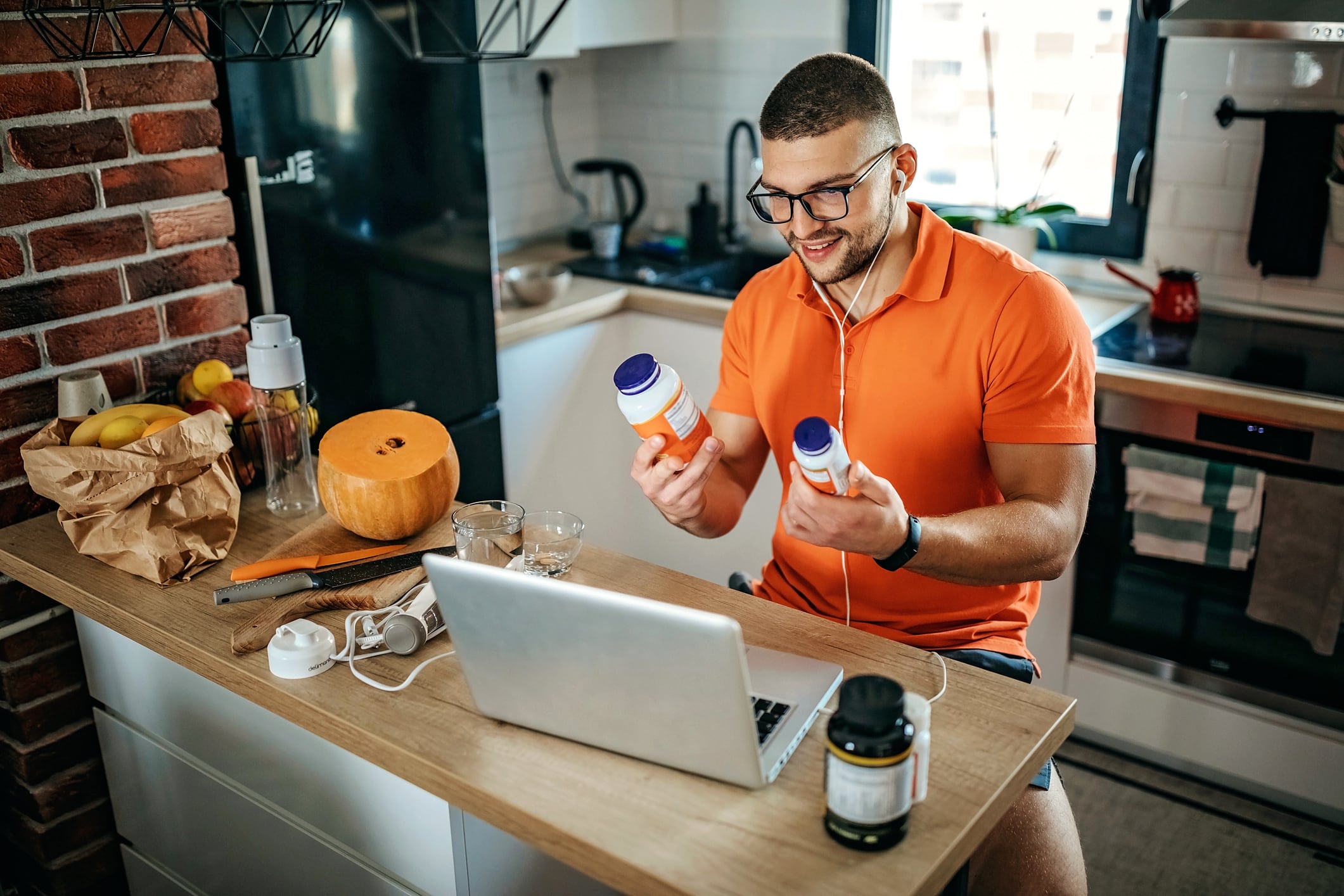One notable way that technology is being used to transform the beauty and personal care industry is to create or facilitate the production of more sustainable ingredients.
According to Amarjit Sahota, who is founder of specialist research company Ecovia Intelligence, precision fermentation, AI, and plant cell technology are three key areas to watch.
“They are enabling a new generation of green materials to be created without the need for land and traditional processing methods,” said Sahota, whose company hosts the annual Sustainable Cosmetics Summit.
“At present, they are still a niche, however adoption rates are expected to rise.”
He predicts that these technologies will become more widely used as the global population continues to increase and food security becomes more important.
Producing ingredients without plants or animals
Precision fermentation involves using genetically engineered microorganisms to produce specific compounds, which aids the sustainable production of high-value ingredients.
“This technology is enabling companies to produce cosmetic ingredients using genetically engineered microorganisms,” said Sahota.
“As in the food industry, it is enabling ingredients to be produced without plants or animals as the feedstock.”
He highlighted that companies are creating alternatives to squalene and hyaluronic acid using this tech, rather than producing these ingredients from traditional sources.
For example, the Californian start-up Debut, which has partnered with L’Oréal to develop over a dozen bio-based ingredients, recently launched an animal-free carmine. Biotech firm Amyris is using sugarcane to produce squalane (a plant-sourced version of squalene, which is traditionally sourced from shark livers), and Biosyntia is using biotechnology to produce biotin and vitamin extracts.
Finding alternatives to palm oil, another widely used yet controversial ingredient due to its link with deforestation, has been another area of innovation.
For example, Dutch start-up NoPalm Ingredients uses yeast strains to convert food industry waste streams into an oil with similar functionality to palm oil. Meanwhile, C16 Biosciences also launched its Palmless oil using similar technology in spring 2023 and American start-up Checkerspot recently introduced a palm oil alternative produced via algae fermentation.
Sahota said that precision fermentation technology is gaining popularity as it helps companies make ethical claims like vegan and sustainable.
“In the future, it will enable companies to innovate with new green ingredients,” he added.
Creating plant ingredients “that would not be possible in nature”
A number of cosmetics ingredients suppliers are also now using plant cell technology to create natural extracts that can be produced in a laboratory without the need to harvest plants.
Sahota gave one example of this with the British ingredients company Croda Beauty, which has been focused on this since it acquired the Instituto di Ricerche Biotecnologiche (IRB) in 2012.
Another innovative company in this space is the Swiss biotech firm Mibelle Biochemistry, which uses its PhytoCellTec platform to cultivate cells from rare or protected plants. On example is the Uttwiler Spätlauber apple. Mibelle uses technology to create apple stem cells from these apples, which are rich in epigenetic factors and metabolites for skin longevity.
“Plant cell technology makes it possible to produce active ingredients that would otherwise not be possible in nature,” adds Sahota.
How AI is changing beauty R&D
Out of all the cutting-edge technologies being used in the beauty and personal care industries right now, AI is expected to have the most impact.
It’s already influencing ingredient selection, product development, marketing, and customer experience and platforms are emerging to help brands select raw materials and develop formulations.
The Californian start-up Potion AI aims to streamline beauty product development. In addition to sourcing ingredients, its platform helps companies benchmark cosmetic formulations.
In January 2025, L’Oréal announced that it was leveraging IBM’s generative AI to identify renewable raw materials and develop sustainable products. BASF, Symrise, and Givaudan Beauty are also using AI to discover new cosmetic ingredients.
Artificial Intelligence is also empowering brands to create personalised beauty treatments. One example Ecovia Intelligence gives is the Estonian company Haut.AI, which started up in 2018 and works with numerous global manufacturers such as Beiersdorf, Ulta Beauty, and Grupo Boticário.
The business recently launched its Deep C.A.R.E. search engine, which provides skin care recommendations based on skin type and specific concerns.
Sahota highlighted that such AI platforms can help reduce the environmental impact of beauty products by producing less waste.
Enough space for both old and new tech
These new technologies are now accelerating the transition from petrochemical-based chemicals to bio-based materials. They are also enabling new ingredients to be produced without the limitations of harvesting and seasonality, giving producers greater control over supply and costs.
According to Sahota, cost is still a major barrier for cosmetics manufacturers wanting to source ingredients via new technologies right now, but as suppliers start to make these ingredients in scale, prices are likely to go down and this will make them more accessible.
However Sahota still envisages a future where there is room for these new techniques alongside the traditionally sourced ingredients, too.
“Traditional sources will remain important as they have established supply chains and are well-entrenched in the industry,” he said, adding that “in some cases, the sourcing of these natural ingredients can have a positive impact on social communities, for example sourcing shea nuts for shea butter or coconuts for oil.”
The North American edition of the Sustainable Cosmetics Summit is set to take place in New York on 5-6th June, while the European edition will take place in Paris on 22-23rd October.





